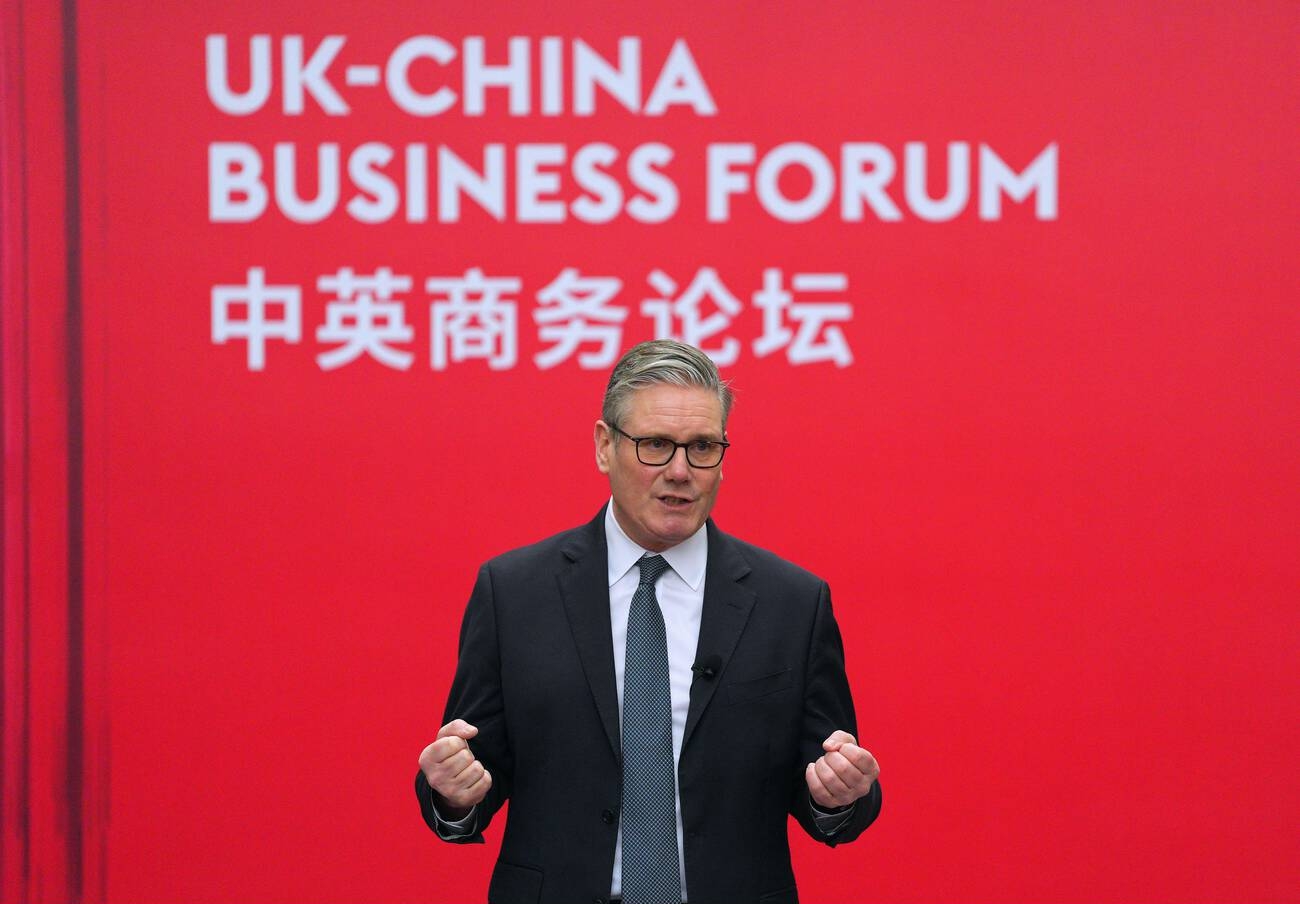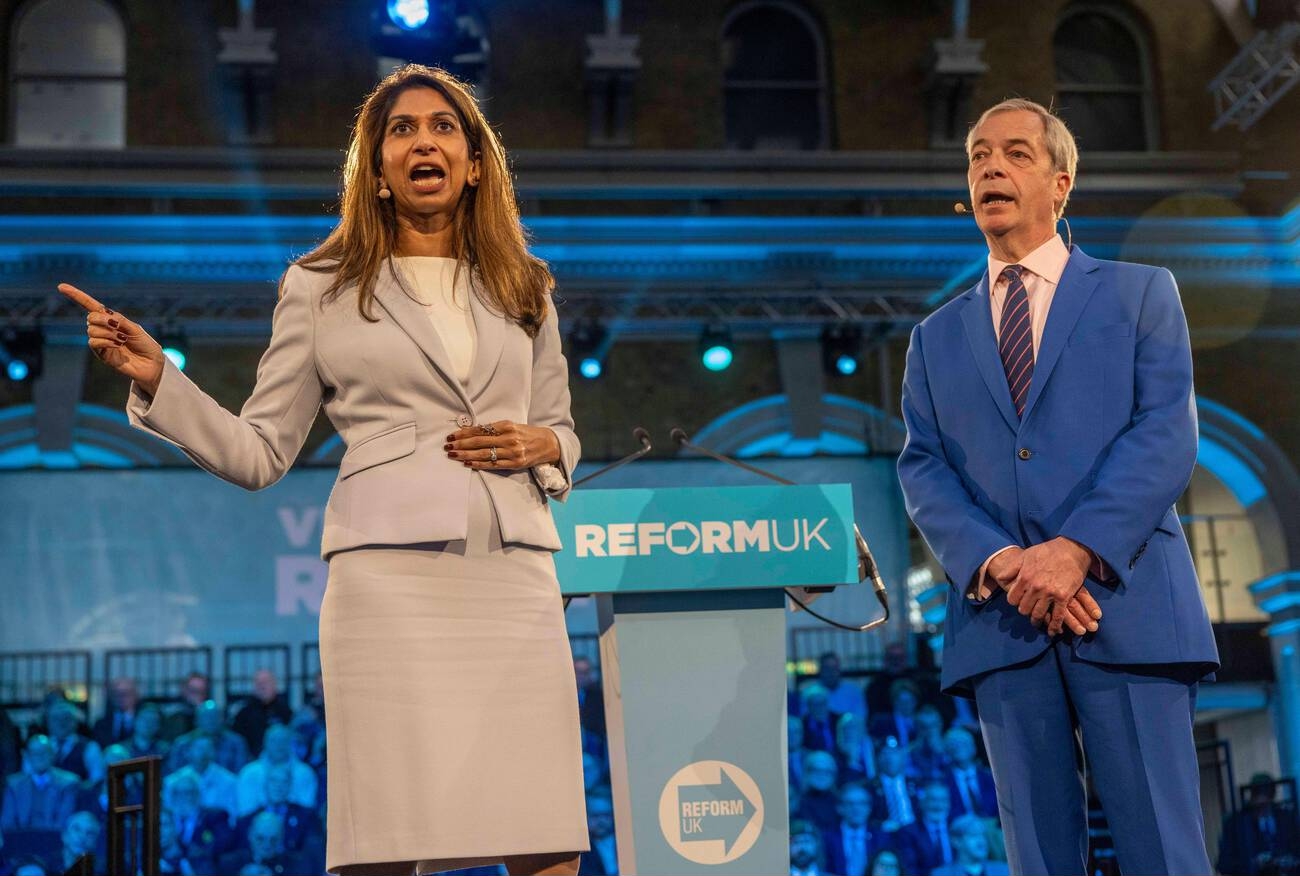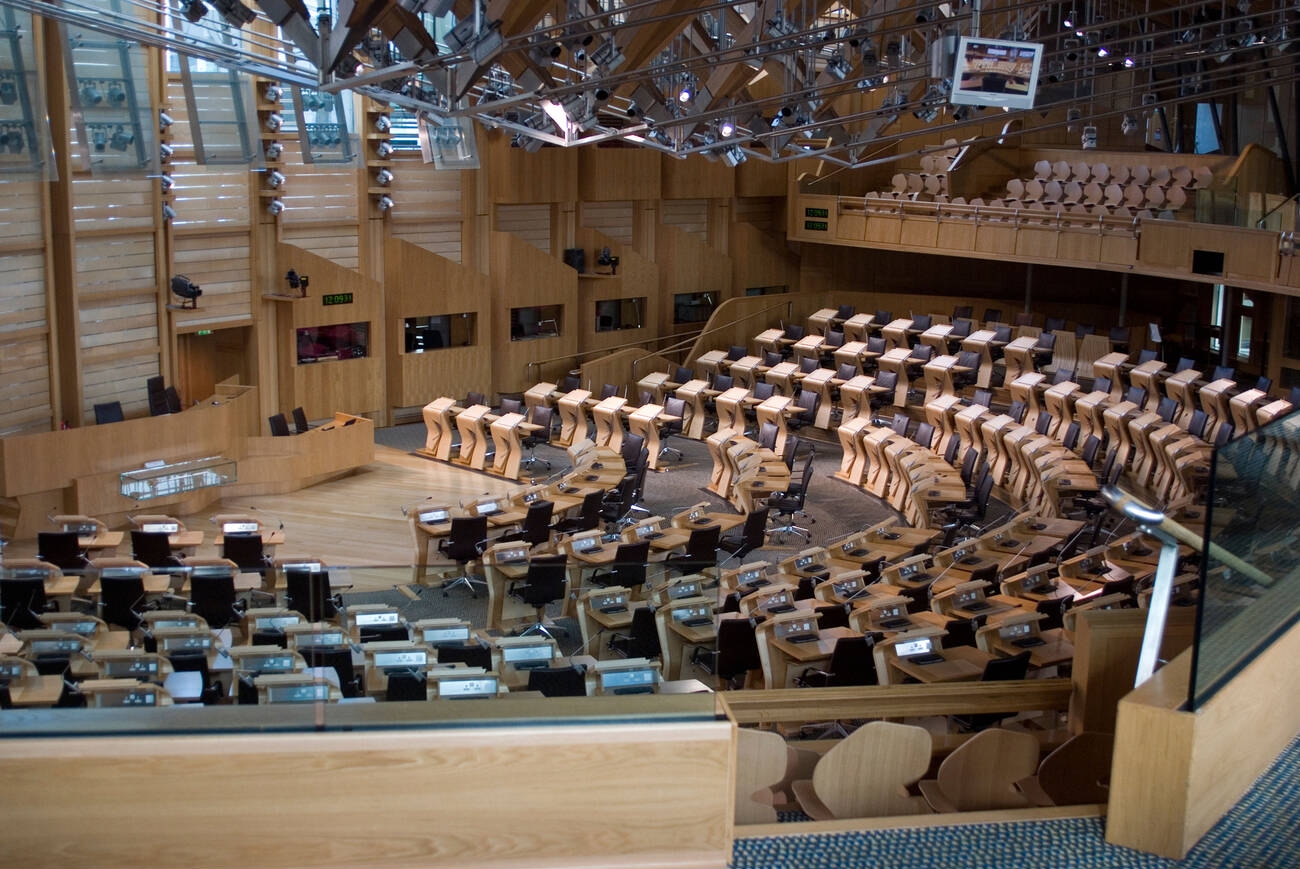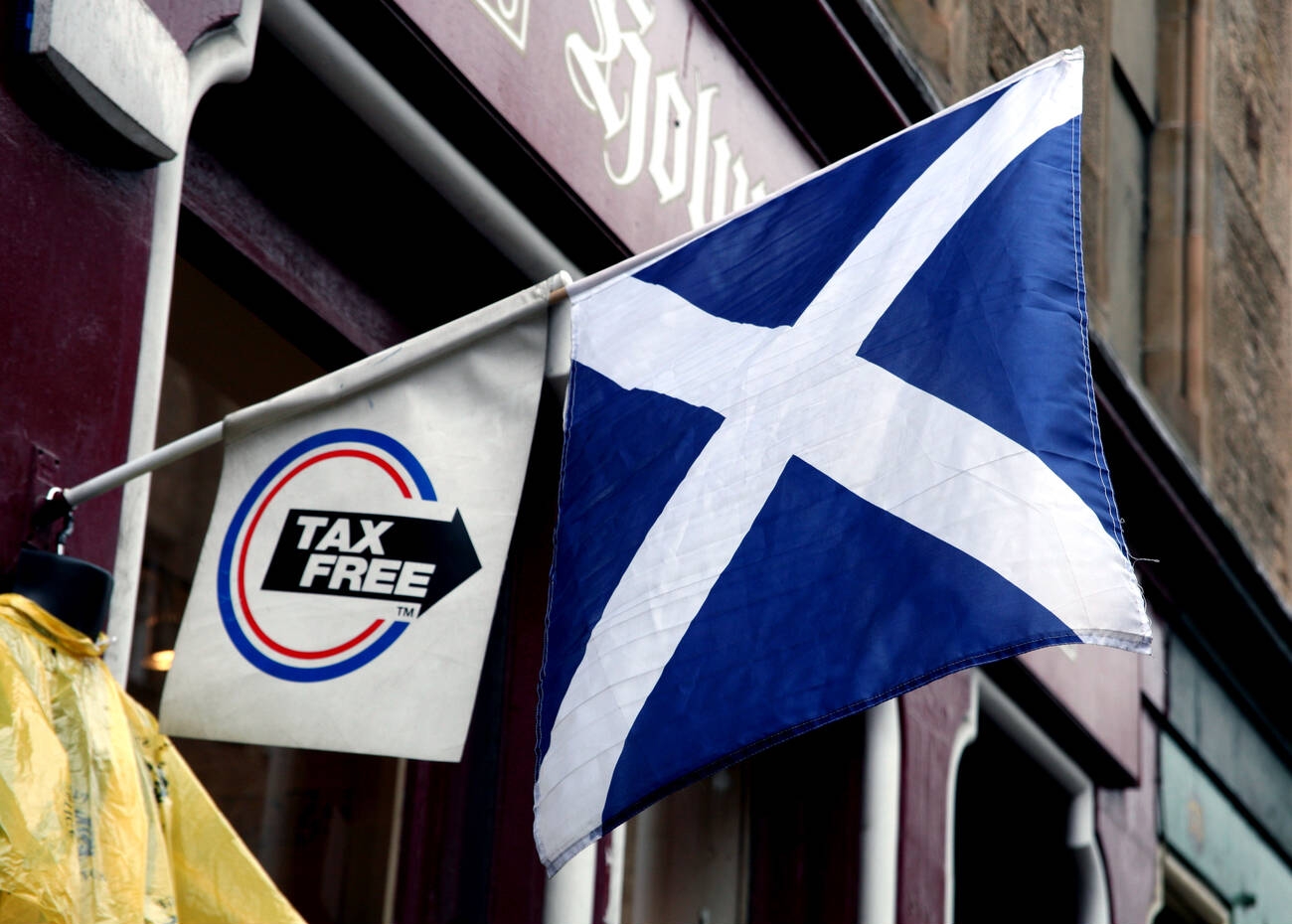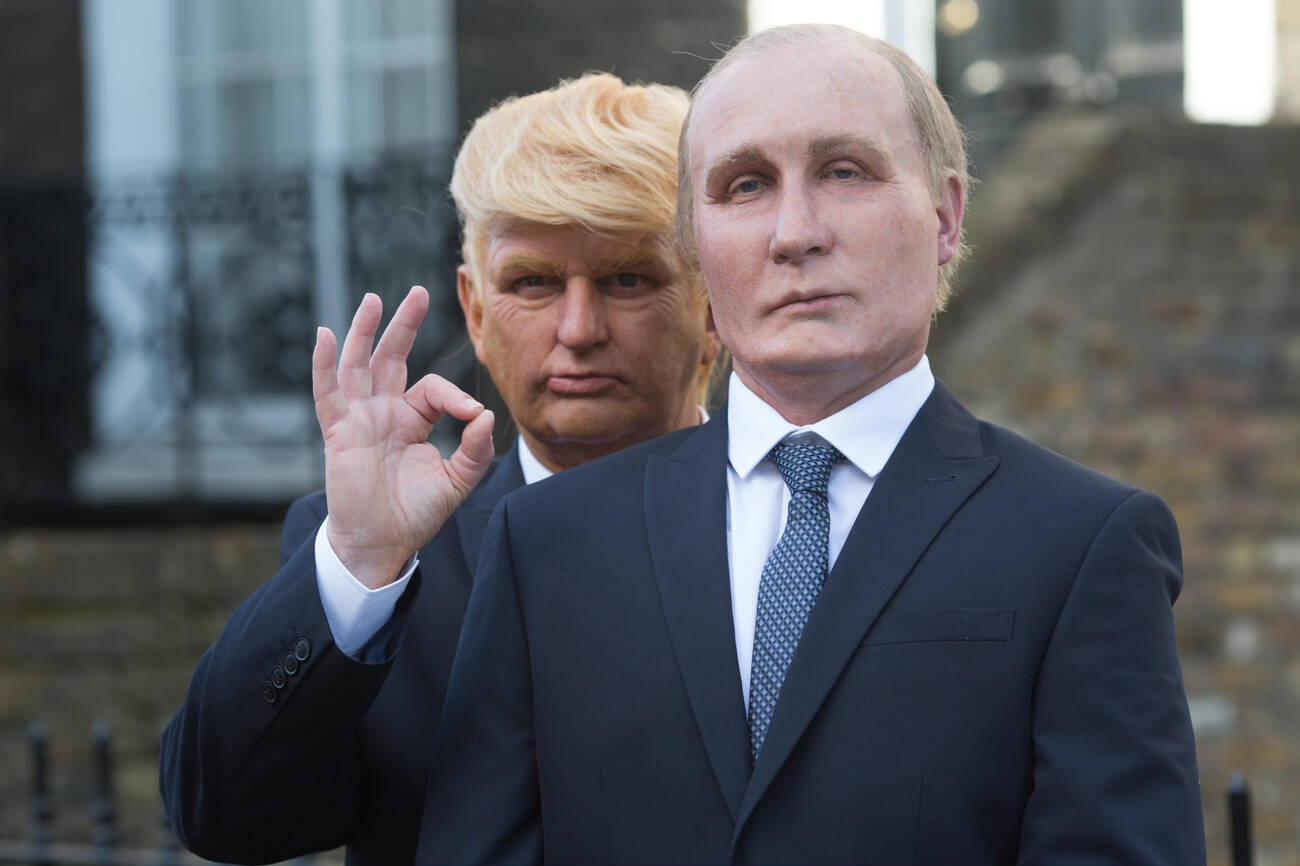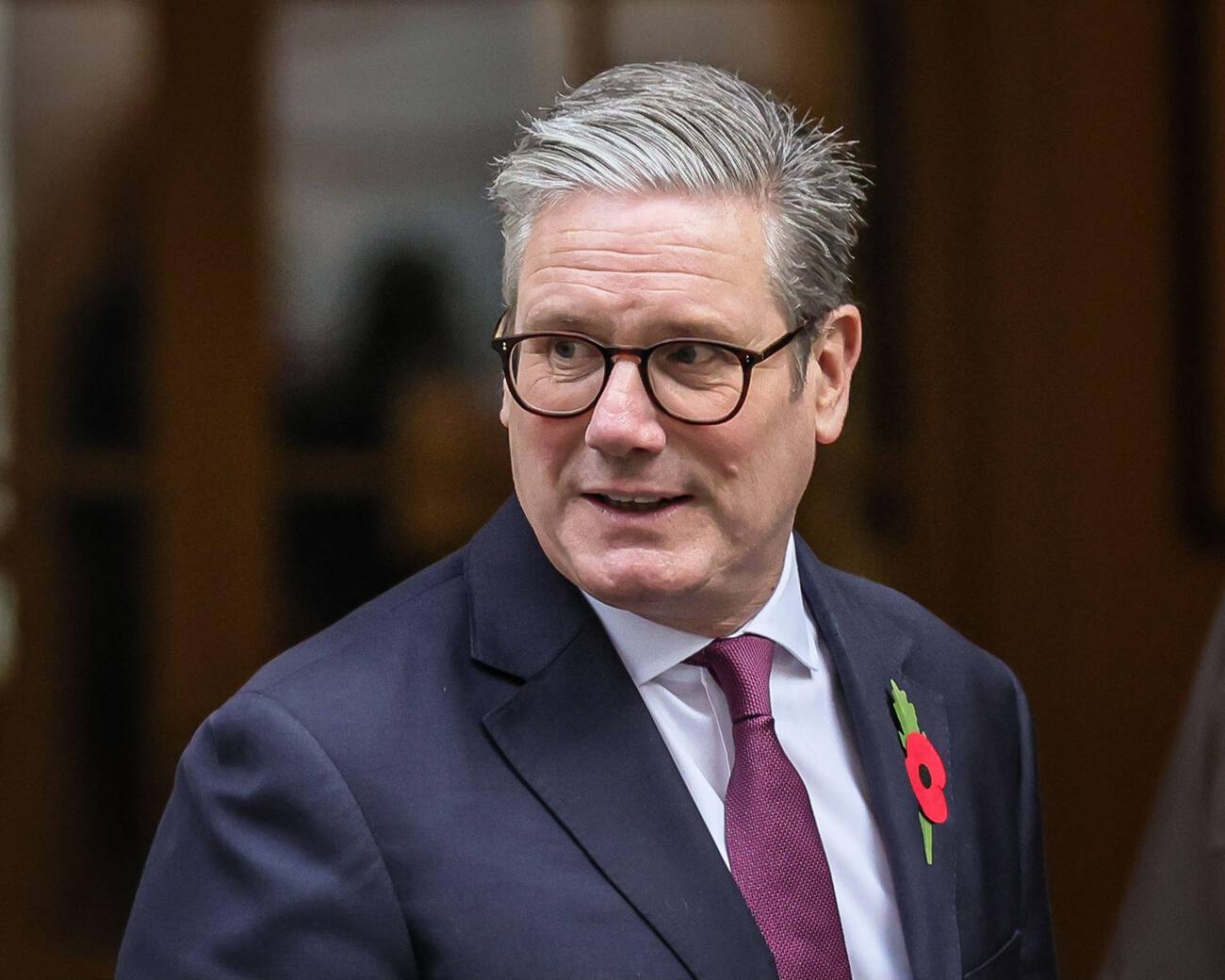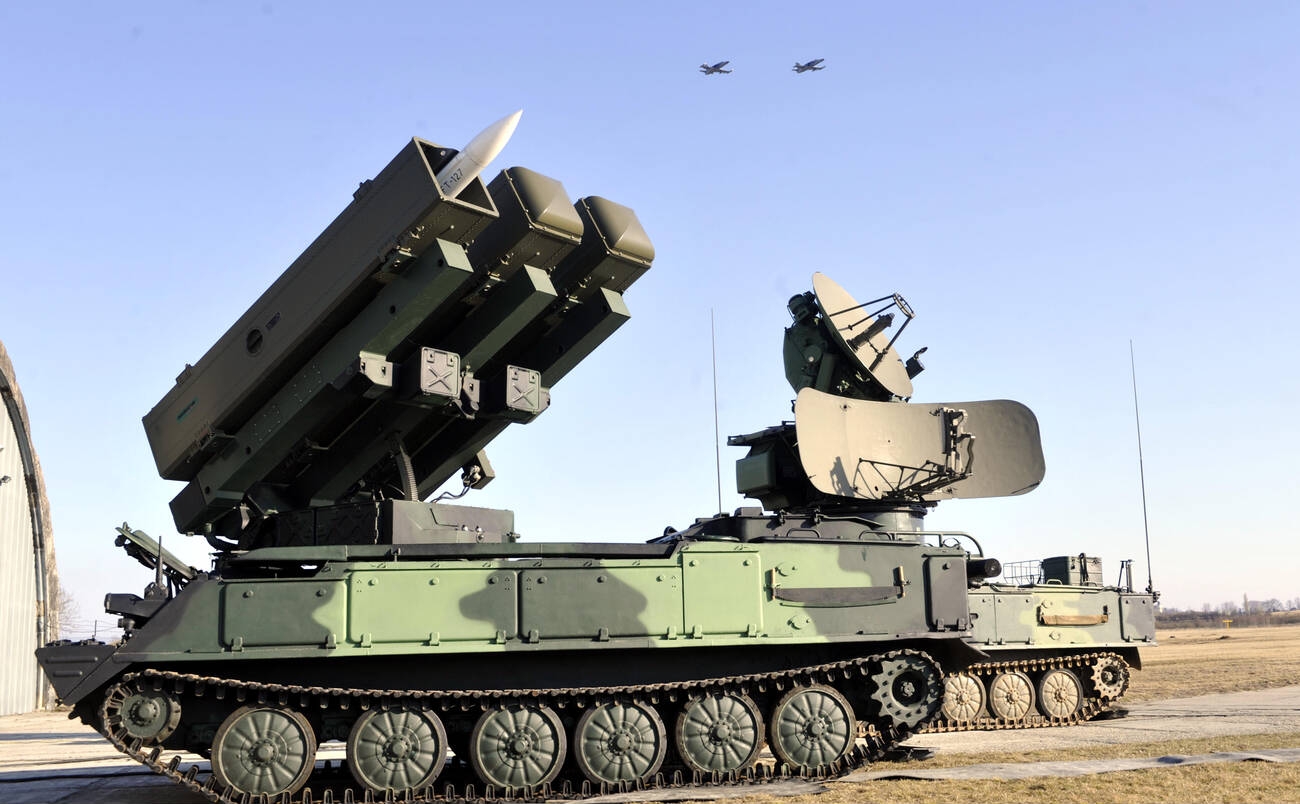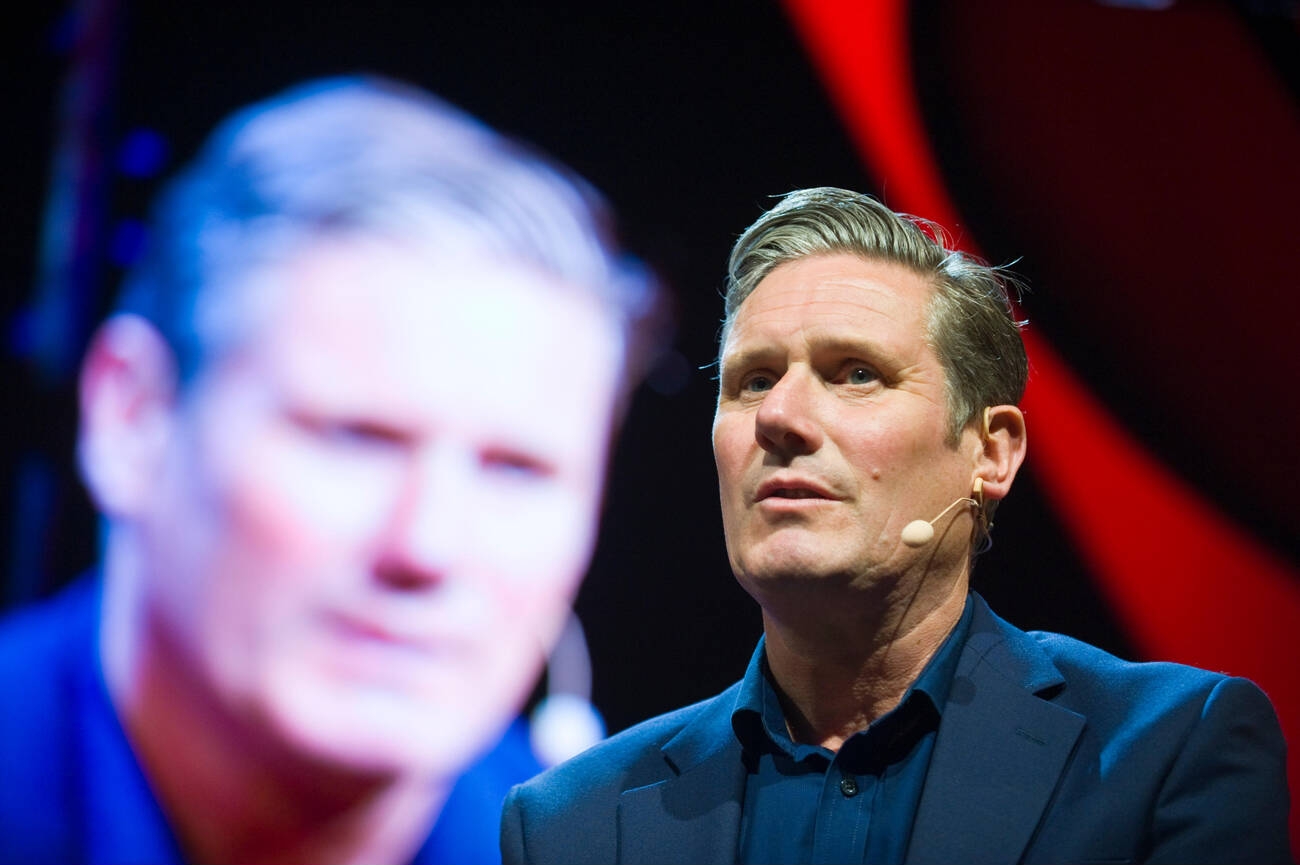Ukraine War Will Continue: UK’s Defence Cooperation with European Partners
The war in Ukraine has provided a sobering reminder of the dangers posed by complacency and outdated assumptions in
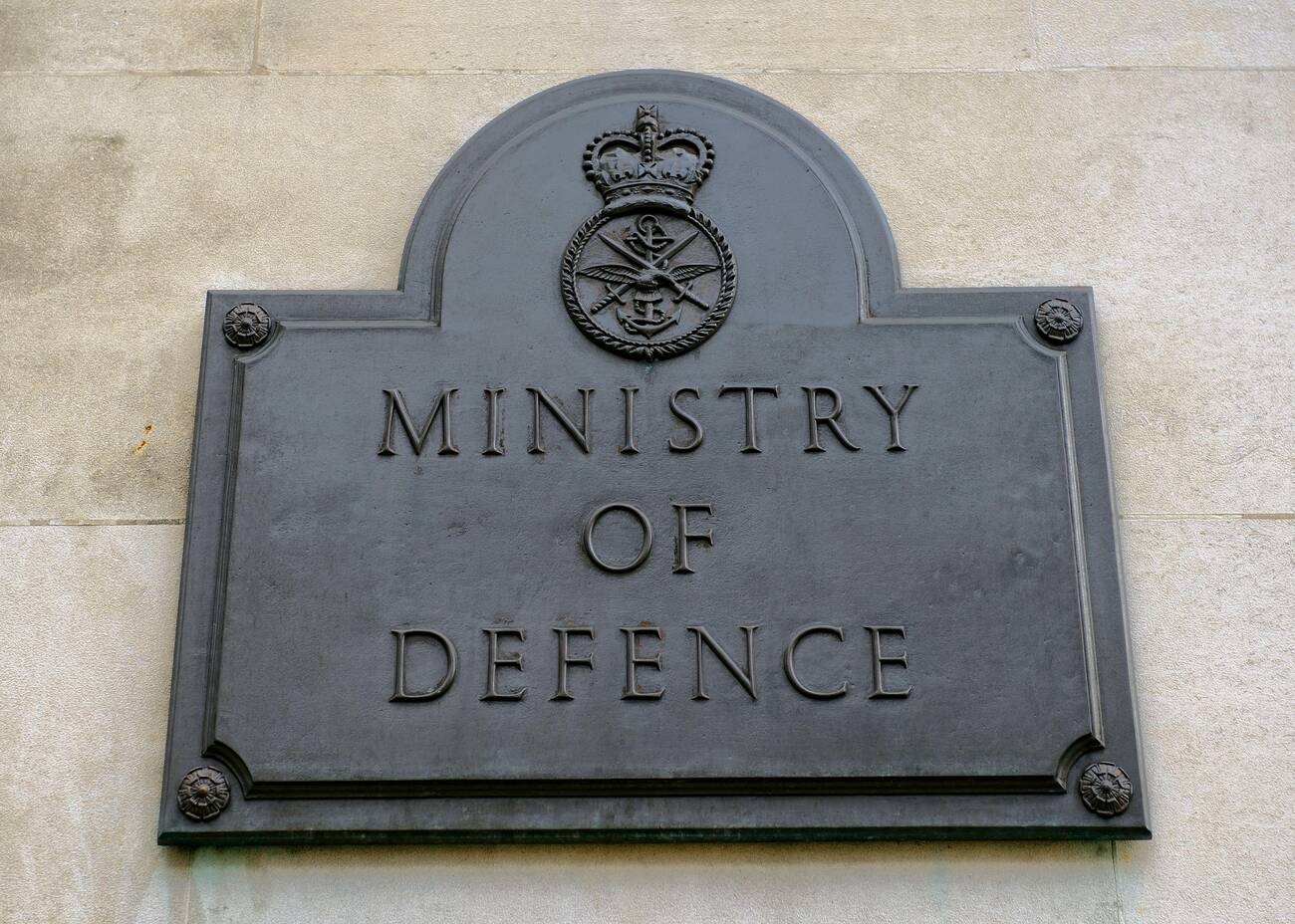
The war in Ukraine has provided a sobering reminder of the dangers posed by complacency and outdated assumptions in defence policy. The UK urgently needs to integrate the lessons learned from the conflict. Russia’s invasion of Ukraine in February 2022 motivated the UK’s defence cooperation with European partners. The UK’s importance as a security partner to the EU has become more evident in the present situation.
The UK is among the three biggest providers of military support for Ukraine. The UK and EU countries’ financial, weaponry, and political support have led to the war’s continuation. Brexit’s adverse effects have made the UK’s path to cooperation with the EU harder; however, the new Labour Government aims to change its relationship with the EU.
Ukraine War Will Continue: UK Financial Assistance to Ukraine
The UK is one of Ukraine’s donors, which has an essential effect on the US and Germany. As of February 2022, the UK has supported Ukraine by £12.8 billion. £7.8 billion is for military assistance, and £3 billion is only for military aid in 2024/25.
The UK is providing both fatal and non-fatal weaponry. Tanks, long-range precision strike missiles, and air defence systems are some weapons. While the UK has committed to training Ukrainian fast jet pilots, there are no combat fighter aircraft. The UK is also hosting a training program under the support of several allies. Over 45,000 Ukrainian personnel have been under training so far.
Ukraine War Will Continue: The Labour Government Plan to Support Ukraine
The new Labour government has pledged that the UK’s military, financial, diplomatic, and political support for Ukraine “will remain steadfast.” John Healey, the Defence Secretary, and David Lammy, the Foreign Secretary, issued a plan for Ukraine. It included commitments to do the following:
Increase military support throughout 2024 and beyond by sustaining aid, implementing the UK-Ukraine security cooperation agreement, creating a clear path for Ukraine’s NATO membership, and rebooting the diplomatic drive to maintain Western unity and hold Russian President Vladimir Putin to account by working through the G7, the UN, NATO, and the International Criminal Court.
UK’s Defence Cooperation with European Partners: European Countries Gathered Up
The UK prime minister, Keir Starmer, visited President Zelensky on 19 July 2024. The prime minister hosted European Political Community leaders and President Zelensky at Blenheim. At the same time, the EU and 44 European countries signed an agreement to take action. They want to tackle Russia’s shadow fleet, enabling Russia to evade international sanctions.
The prime minister and President Zelensky also agreed on a new defence industrial support treaty. The treaty will enable Ukraine to draw on £3.5bn of UK export finance. In addition, the UK and several allies have established an international fund for Ukraine (IFU). They will coordinate the purchasing and transporting of military equipment to Ukraine from third countries and industries.
UK’s Defence Cooperation with European Partners: Hard for the UK to Benefit from EU assistance
Although there is an increased UK-EU defence engagement, there is a severe gap regarding British cooperation in the EU’s growing efforts to develop defence capabilities, which feels serious. The UK has not helped in EU initiatives to develop joint research and development between EU members. These initiatives prevent the involvement of non-EU countries like the UK.
The EU’s deepening role in defence has yet to significantly impact bilateral and small-group defence cooperation between the UK and its EU partners. France, Germany, and Italy are essential partners for the UK in defence capability development. There is scope for deepening cooperation in many areas. The UK may eventually be out of the projects for collaboration. This would be a challenge for the UK. Another aspect of this challenge refers to the EU because Britain benefits from the expertise and industrial capacity of the defence sector.
Ukraine War Will Continue: UK and EU Cooperation Intensifies the War
Russia’s invasion of Ukraine in February 2022 motivated closer UK’s defence cooperation with European Partners. The UK is a security partner to the EU, providing military assistance to Ukraine to prevent Russia from becoming more powerful.
UK officials have worked closely with the European Commission and the European External Action Service to coordinate sanctions against Russia. Foreign Secretary Liz Truss attended a meeting of EU foreign ministers in March 2022. In October, Truss participated in the inaugural meeting of the European Political Community. This new forum fosters greater dialogue and cooperation between the EU and its non-EU European partners to deepen the war.
Bilateral and Multilateral UK’s Defence Cooperation with European Partners
The UK’s unwillingness to act with the EU may partly be because, in recent years, and more than ever in the last two years, Britain has turned to partners outside Europe to develop defence capabilities. In September 2021, Johnson concluded the AUKUS deal. The deal was with Australia and the US to build nuclear submarines for Australia. In December 2022, the UK and Italy announced they were developing a next-generation fighter aircraft with Japan.
Despite this partial tilt away from Europe, partnerships with European countries are still critical to the UK. Most defence cooperation between the UK and EU members is still bilateral or in small groups. National defence planners still need to consider EU defence tools fully.
Brexit Prompt for New Security and Defence Relationships
The UK’s support of Ukraine since February 2022 shows its role in European security. The domestic political turmoil of the Brexit process previously overshadowed it. The new government may change the relationship with the EU. The opposition Labour Party is seeking a ‘security pact’ with the EU.
Indeed, the months after the invasion witnessed increased cooperation between the United Kingdom and the EU via bilateral and multilateral channels. However, the shock of Russia’s war did not prevent the processes set in place by Brexit. Brexit limits the ability of both sides to engage in strategic dialogue on security and defence issues.

